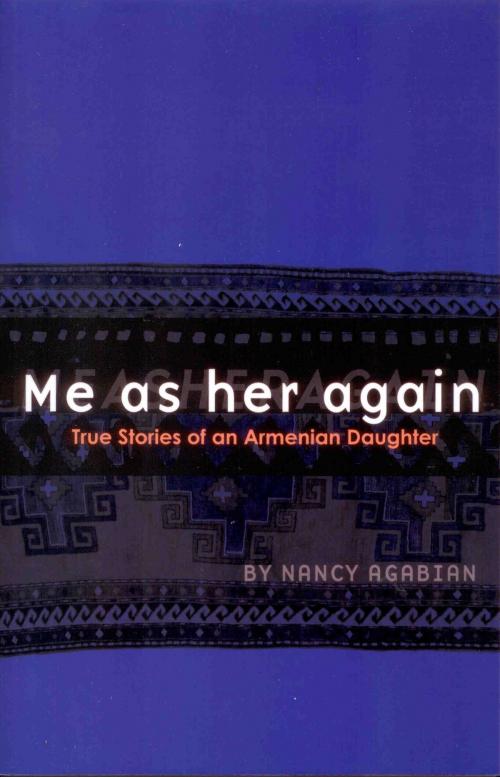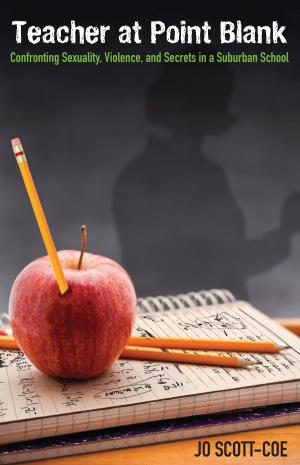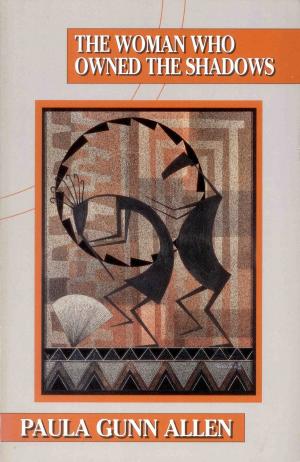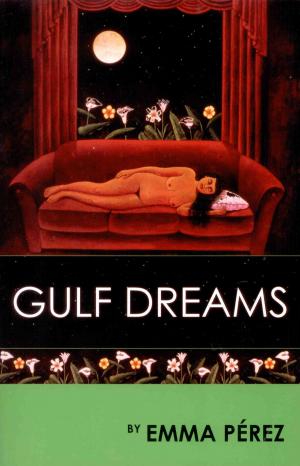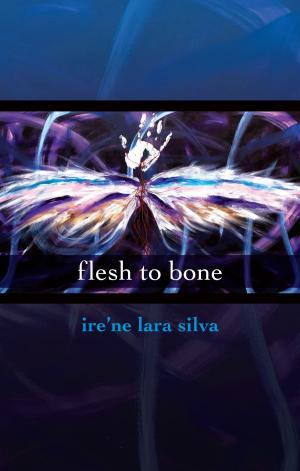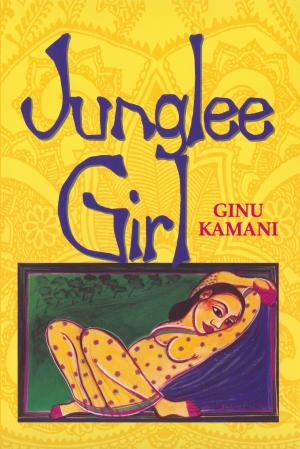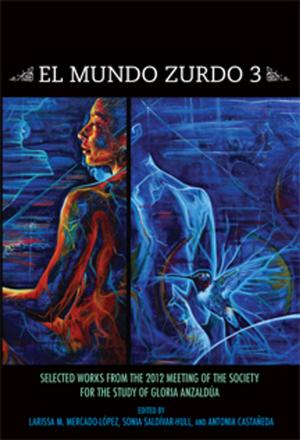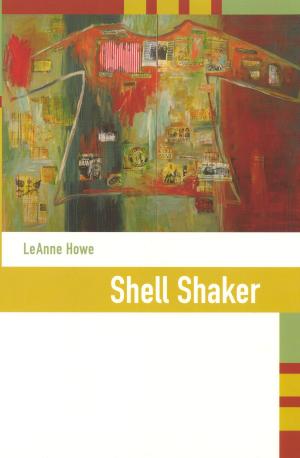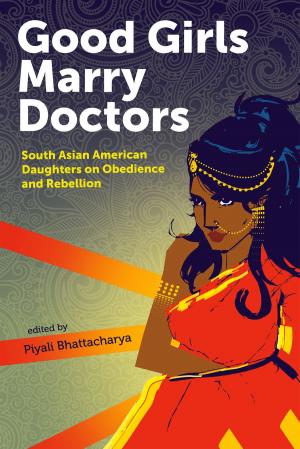| Author: | Nancy Agabian | ISBN: | 9781939904041 |
| Publisher: | Aunt Lute Books | Publication: | December 1, 2013 |
| Imprint: | Aunt Lute Books | Language: | English |
| Author: | Nancy Agabian |
| ISBN: | 9781939904041 |
| Publisher: | Aunt Lute Books |
| Publication: | December 1, 2013 |
| Imprint: | Aunt Lute Books |
| Language: | English |
Untangling knots of personal identity and family history, Nancy Agabian deftly weaves a narrative alternately comical and wrenching. Moving between memories of growing up Armenian and American in Walpole, Massachusetts, and her later experiences at Wellesley College, then Hollywood and, finally, Turkey, Agabian offers an illuminating meditation on the sometimes bizarre entanglement of individual desire (sexual and otherwise) in the web of family life and history. At the heart of this unraveling is a grappling with the history of trauma and upheaval experienced by her paternal grandmother, who survived the Armenian Genocide, and the legacy of that wounding experience for Agabian and her extended family. What’s so refreshing about Agabian’s prose is her marvelously open, daring, and honest inquiry into the self. Our “enfant terrible”—she has yet again managed to capture us with her quirky, brilliant stories. —Shushan Avagyan, author of Girk-anvernagir; translator of I Want to Live: Poems of Shushanik Kurghinian My favorite song from Nancy Agabian’s improbably vivid “Guitar Boy” punk rock period a decade ago was the genius anthem “I Don’t Want to be a Victim Anymore.” Though as she noted at the time, when you’re a mousily timid, family-mired, Armenian bisexual artist, not tending toward victimhood isn’t all that easy. But you know what? By the end of this splendidly engrossing memory chronicle, she’s pulled it off. She’s no victim. What she is is funny, smart, generous and wise. And she’s my hero. —Lawrence Weschler, National Book Critics Circle Award Winner, Everything That Rises: A Book of Convergences
Untangling knots of personal identity and family history, Nancy Agabian deftly weaves a narrative alternately comical and wrenching. Moving between memories of growing up Armenian and American in Walpole, Massachusetts, and her later experiences at Wellesley College, then Hollywood and, finally, Turkey, Agabian offers an illuminating meditation on the sometimes bizarre entanglement of individual desire (sexual and otherwise) in the web of family life and history. At the heart of this unraveling is a grappling with the history of trauma and upheaval experienced by her paternal grandmother, who survived the Armenian Genocide, and the legacy of that wounding experience for Agabian and her extended family. What’s so refreshing about Agabian’s prose is her marvelously open, daring, and honest inquiry into the self. Our “enfant terrible”—she has yet again managed to capture us with her quirky, brilliant stories. —Shushan Avagyan, author of Girk-anvernagir; translator of I Want to Live: Poems of Shushanik Kurghinian My favorite song from Nancy Agabian’s improbably vivid “Guitar Boy” punk rock period a decade ago was the genius anthem “I Don’t Want to be a Victim Anymore.” Though as she noted at the time, when you’re a mousily timid, family-mired, Armenian bisexual artist, not tending toward victimhood isn’t all that easy. But you know what? By the end of this splendidly engrossing memory chronicle, she’s pulled it off. She’s no victim. What she is is funny, smart, generous and wise. And she’s my hero. —Lawrence Weschler, National Book Critics Circle Award Winner, Everything That Rises: A Book of Convergences
